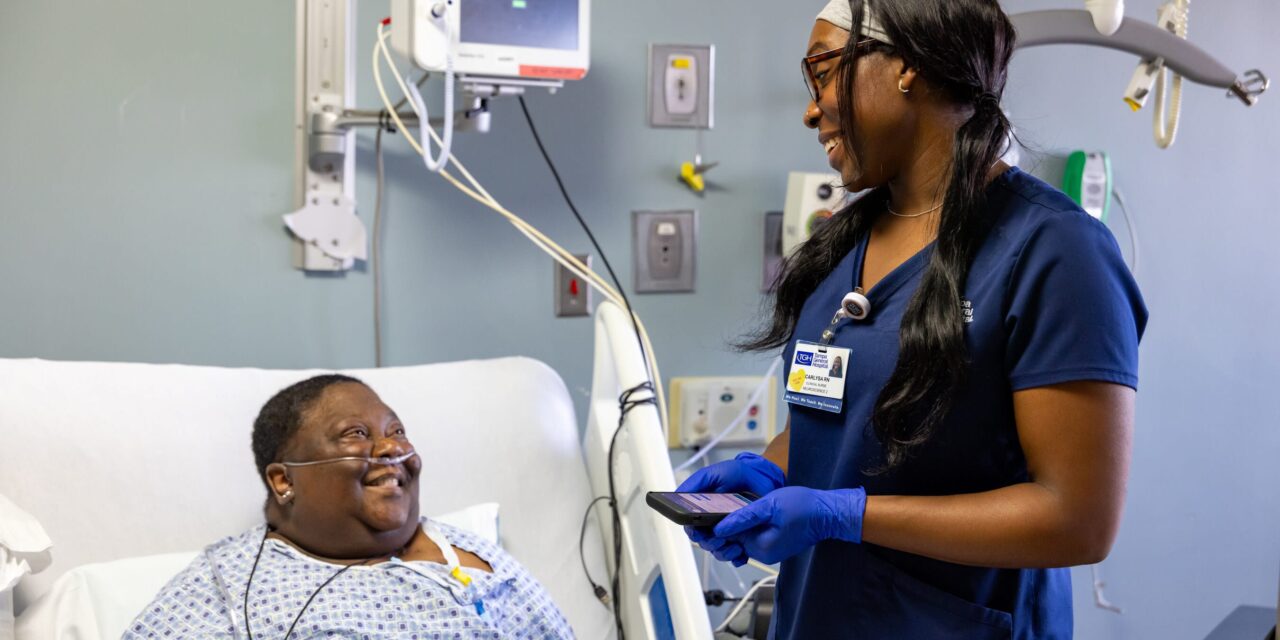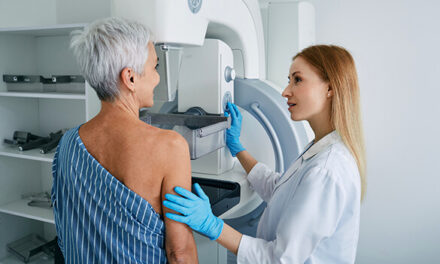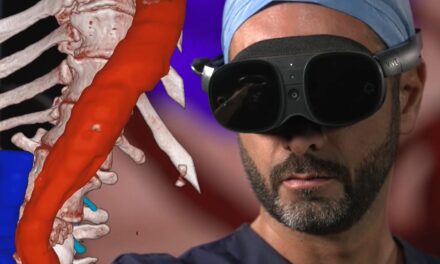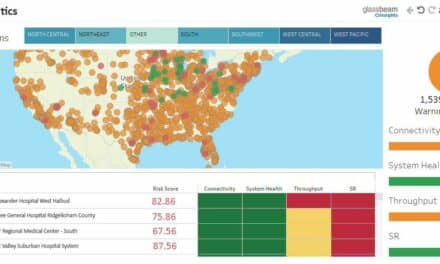Building on the success of Microsoft’s ambient listening tech for physicians, Tampa General is extending similar AI tools to nurses to reduce bedside documentation time.
Tampa General Hospital announced the rollout of Microsoft’s ambient listening capabilities for nurses embedded in Epic’s Rover mobile nursing application. These capabilities aim to reduce the administrative burden on nurses, who studies have shown can spend as much as 15% of their shifts on documentation alone.
The deployment of this new solution, tailored to address the unique needs of bedside nurses, is the academic health system’s latest initiative to harness the power of artificial intelligence (AI) to increase productivity and job satisfaction while enhancing patient experience and quality of care.
“Microsoft’s ambient listening technology can give nurses back hours of time per shift that they’d ordinarily spend manually entering data into a computer, and the research shows that this is time they would prefer to spend at the bedside with their patients, upskilling newer nurses and honing their craft,” says Wendi Goodson-Celerin, executive vice president and chief nursing executive at Tampa General, in a release.
Expanding on Deployment with Physicians
Like DAX Copilot, whose ambient listening capabilities are now part of Microsoft Dragon Copilot and became available to more than 500 physicians affiliated with Tampa General in June 2024, the new ambient listening capabilities for nurses can securely capture a patient story, including details of symptoms, observations and experiences and automatically convert it into specialty-specific, clinical summaries in seconds.
“We have long believed that the best, most successful innovations emerge as answers to real-world problems,” says Amit Patel, chief nursing informatics officer at Tampa General, in a release. “When approaching the rollout of ambient technology for nurses, we took a hard look at how we could use existing technology in new ways to drive the most meaningful impact—both for our team members and for patients.”
Within the first few months of implementation, Tampa General aims to strengthen care coordination and free nurses’ time to focus on providing direct care by reducing the time spent charting and closing the time gap between patient assessments and documentation in their charts.
Photo caption: Tampa General Hospital nurse Carlysa Telemaque is one of the early power users on 9A2 using the new Project Nursing artificial intelligence tool by Microsoft for bedside documentation of patient care.
Photo credit: Tampa General Hospital





